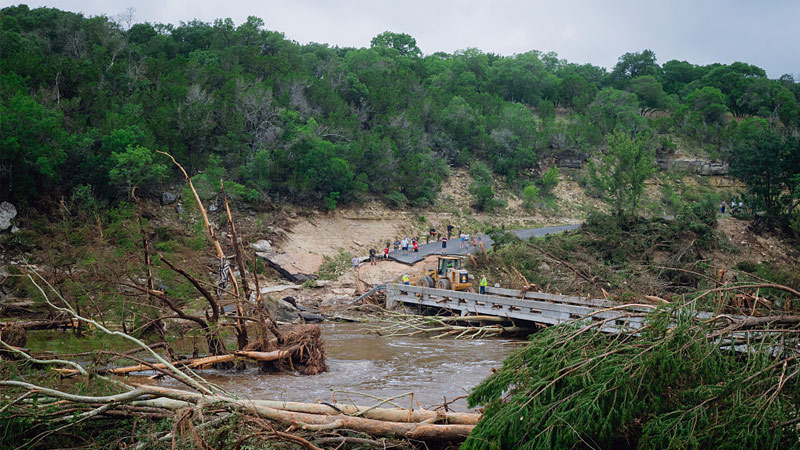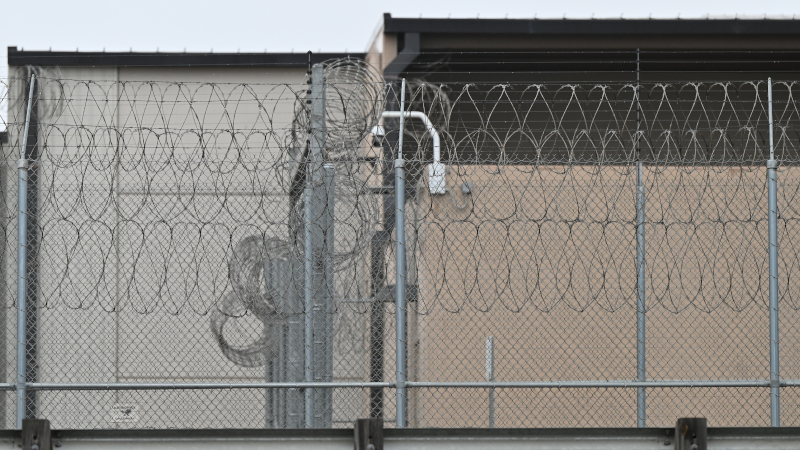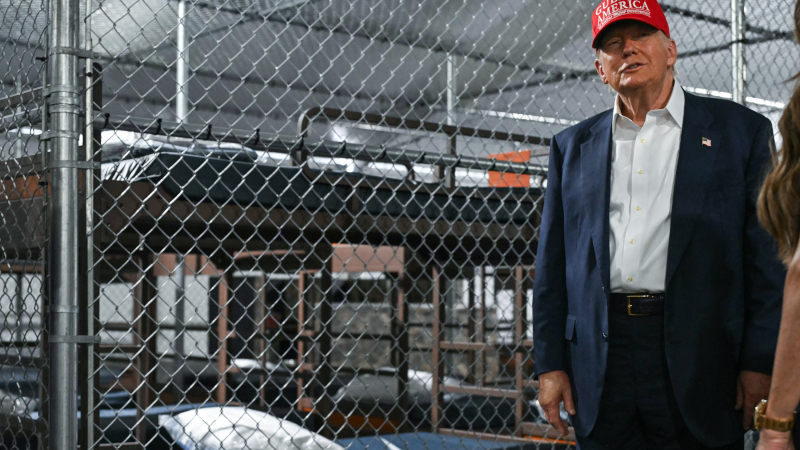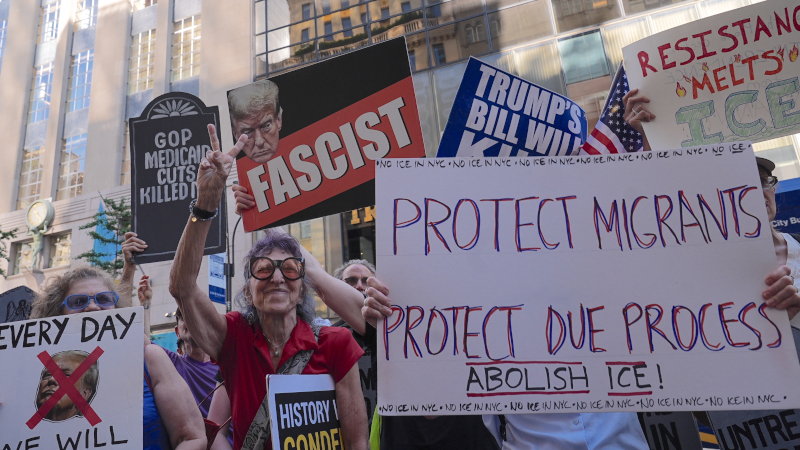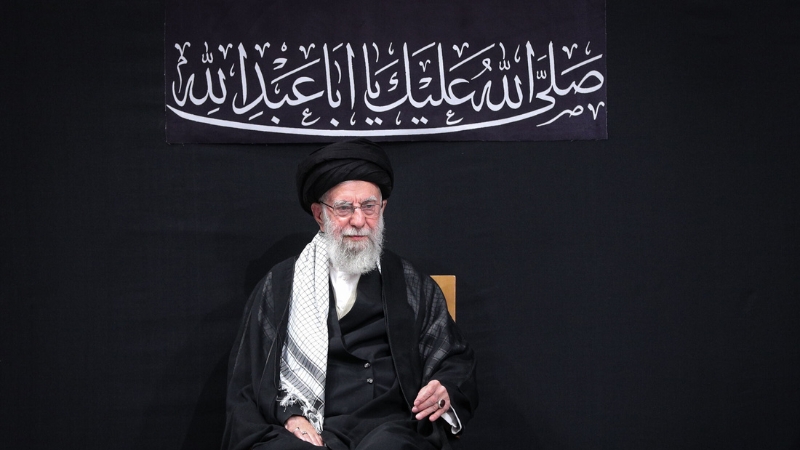 Image Credit: Anadolu / Contributor / Getty Images
Image Credit: Anadolu / Contributor / Getty Images Iran’s supreme leader, Ayatollah Ali Khamenei, made his first public appearance since the beginning of his country’s war with Israel last month.
Although Khamenei issued a defiant video last week in which he claimed victory in the recent hostilities, he did not reappear publicly until Saturday night, when he attended a ceremony to celebrate the annual Shiite religious ceremony Ashura at his compound.
The cleric’s unprecedented withdrawal from public life, which was sparked by fears he would be assassinated by Israel or the US, led to speculation about his health and his grip on power.
Television footage showed Khamenei at the ceremony, wearing a black clerical robe and keffiyeh. Also present were the vice president, minister of justice and speaker of the Iranian parliament.
Analysts suggest the cleric’s reappearance signals an attempt to reassert normality and the regime’s defiance against the US and Israel.
“Khamenei’s appearance at the Ashura religious ceremony tonight after weeks of absence from the public eye will undoubtedly energize his base,” said Omid Memarian, an Iran expert at DAWN, a Washington-based organization focused on U.S. foreign policy.
“It will also allow the regime to push its narrative that neither Washington nor Tel Aviv has been able to dismantle the Islamic Republic’s rule.”
On Friday, President Trump said Iran would not be allowed to restart its nuclear program.
Addressing reporters aboard Air Force One, Trump said he believed the US airstrikes on Iran’s nuclear facilities at Fordow, Natanz and Isfahan were a “great success” which permanently destroyed the country’s nuclear capabilities.
“The whole nuclear thing, I would say, is set back permanently,” Trump said.
However, the President acknowledged that Iran could try to restart its nuclear program somewhere else. If that happened, Trump vowed the US would prevent further enrichment of uranium.
“If they were to do it again, they might as well start in a different location, because that location is totally demolished.”
“They could start, but I would think they’d have to start in a different location,” he continued. “But if they did start, there’d be a problem. We wouldn’t allow that to happen.”
President Trump went on to say he would discuss the matter with Israel’s Prime Minister Benjamin Netanyahu, who is scheduled to visit the White House on Monday.
Iran has now formally suspended its cooperation with the International Atomic Energy Agency (IAEA), following Israeli and US airstrikes last month. The IAEA confirmed on 4 July that its last inspectors had been pulled out of the country, after Iranian lawmakers voted to end collaboration with the agency. IAEA inspectors had been denied access to the facilities targeted by Israel and the US.
In a 22 June report to the UN Security Council, on the day of the US strikes, the IAEA said Iran had accumulated more than 400kg of uranium enriched to 60% purity, not far from the 90% needed to make a nuclear weapon.
The IAEA says it remains unclear what has happened to this stockpile as a result of the Israeli and US strikes.
🚨MASSIVE TERROR ALERT: Top Iranian Mullah Issues Death Fatwa Against Trump/America!
